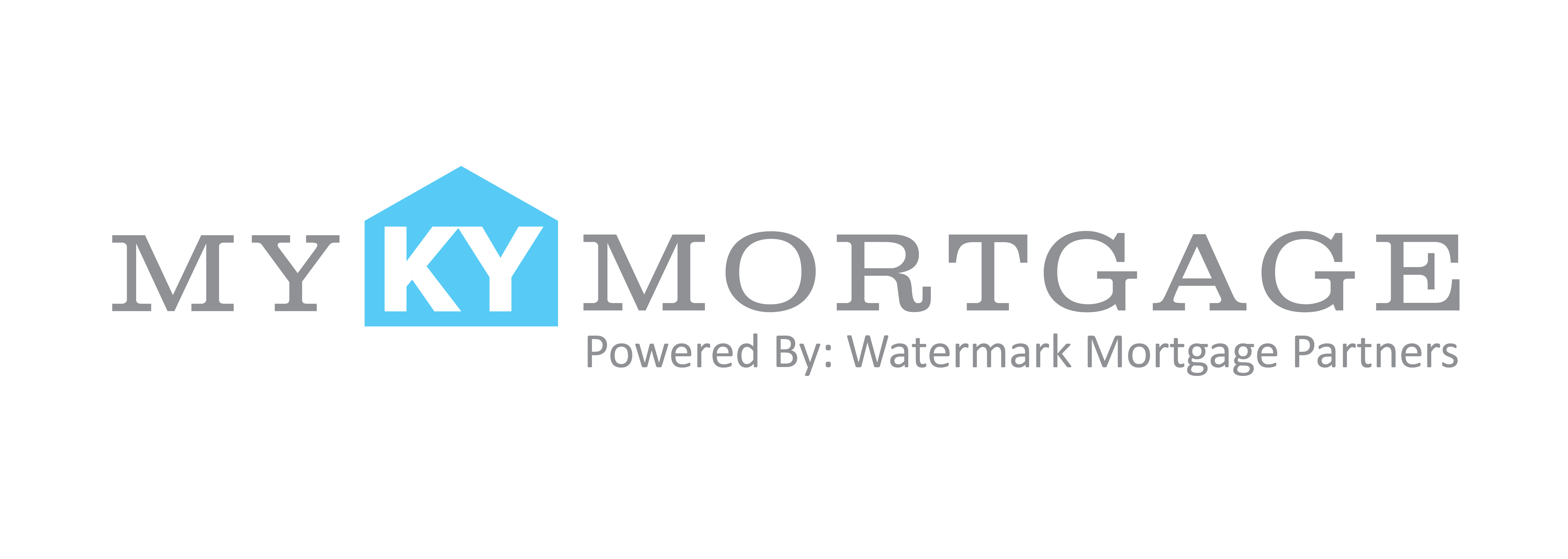In today’s home-buying market, purchasers often are told they need to make a 20 percent down payment to avoid Private Mortgage Insurance (PMI)—a product that helps protect the bank or investor providing the mortgage from potential losses if borrowers end up defaulting on their loans.
Before the housing crash of 2008, piggyback loans (or 80/20’s) were readily available as an alternative to PMI, with a homebuyer obtaining a first mortgage for 80 percent of the purchase price and a secondary mortgage for the remaining 20 percent. However, the housing crash of 2008 and subsequent years of declining home values left many piggyback loan borrowers with negative equity—or their homes being worth less than what was owed on them.
Although traditional 80/20’s no longer are available, the 80/10/10 has taken it’s place—with an 80 percent first mortgage and 10 percent second mortgage allowed with a 10 percent down payment to avoid PMI. However, there are some facts to consider before taking the piggyback-loan route.
- The 80-percent first mortgage comes with a slightly higher interest rate, but amortizes the same as any other 30-year fixed loan when coupled with a second mortgage. The second mortgage (most often a Home Equity Line of Credit) typically carries higher interest rates than the first mortgage, and while these often are interest-only loans initially, they’re designed to pay off quicker than the first mortgage.
- If the home being purchased is expected to appreciate favorably during the first couple of years, a 95-percent first mortgage with PMI, conforming loans only (which meet Fannie Mae and Freddie Mac eligibility requirements and usually are reserved for first-time homebuyers) could make sense. In this case, Fannie Mae and Freddie Mac allow lenders to remove PMI after two years at the borrower’s request (supported by a new appraisal), once there is 20 percent equity in the property.
- Some lenders also will offer up to 90 percent financing with no PMI required. These typically are provided in the jumbo loan amounts, where lenders keep the loans on their books instead of selling them in the secondary market. Jumbo loans are mortgages that exceed the conforming loan limits set by Fannie Mae and Freddie Mac. These 90-percent loans with no PMI come with restrictions on loan amounts and require high credit scores. Think of this way—the higher the loan amount, the more restrictions there are on qualifying for the loan.


